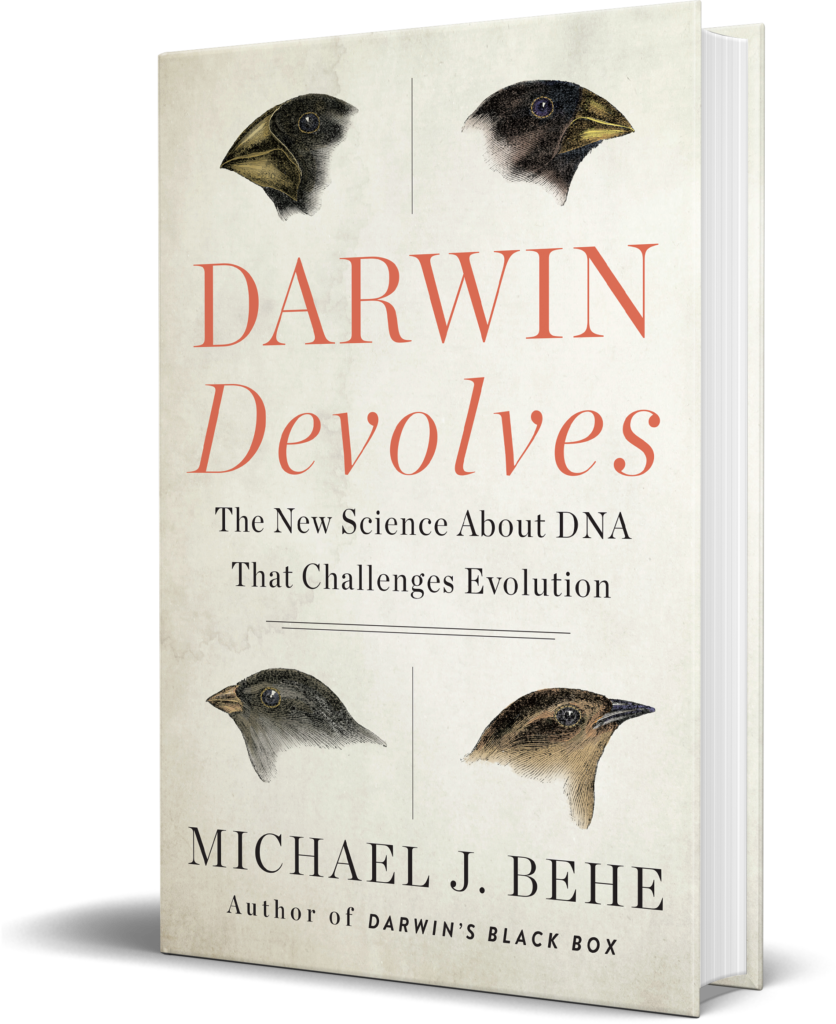
In connection with his forthcoming book, Darwin Devolves, he asks a challenging question: What kinds of answers can Darwinian evolution really provide?
What can the theory account for? If it can’t explain even color patterns, how much has it been exaggerated? Quite a bit, it turns out. To see the problem more clearly, let’s first think about studies of human nutrition. For decades the public was told to avoid foods with a lot of cholesterol. Recently, however, a government panel changed its mind, saying there’s no evidence that’s harmful. Here’s the problem for grand claims about evolution. Science can’t tell if cholesterol is bad for modern humans, who can be studied in great detail. Yet if that’s too hard, then how can science claim to know what affected plants and animals in the distant past? Ones that can’t be studied in real time like people? Ones that encountered myriad environmental influences over millions of years? That’s easy to answer: Science can’t and doesn’t know.Michael J. Behe, “Here’s how to tell if scientists are exaggerating” at The Stream
He introduces the “Principle of Comparative Difficulty” (PCD) to help us assess what to believe: “If nutritionists can’t easily determine how one dietary factor affects human health, evolutionary biologists can’t tell what affected the survival of long dead animals.”
Watch them bluster otherwise. A lot depends on what counts as an “explanation.” If what counts is “sounding like science,” they can explain anything. If what counts is adding to a correct understanding, no.
Note: A similar claim is “Being an addict might be an evolutionary advantage” Pop psychology at its purest is somehow transformed into science by the magical word “evolution.”
See also: Mike Behe’s New Book, Darwin Devolves: “Absolutely Convincing” Or “Omits Contrary Examples”
and
A Peek At Mike Behe’s New Book Darwin Devolves
Follow UD News at Twitter!